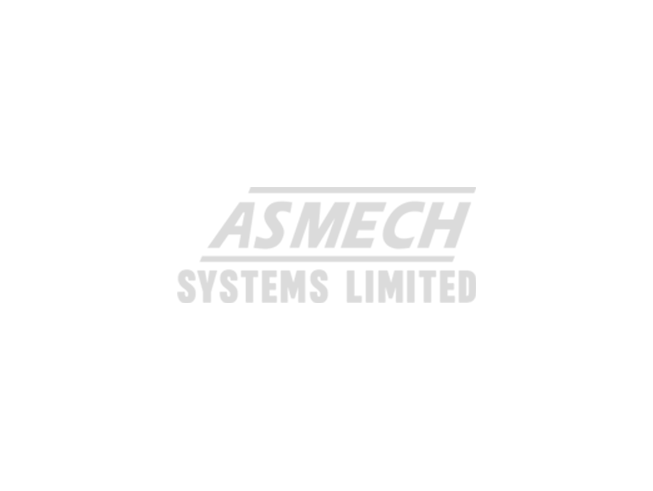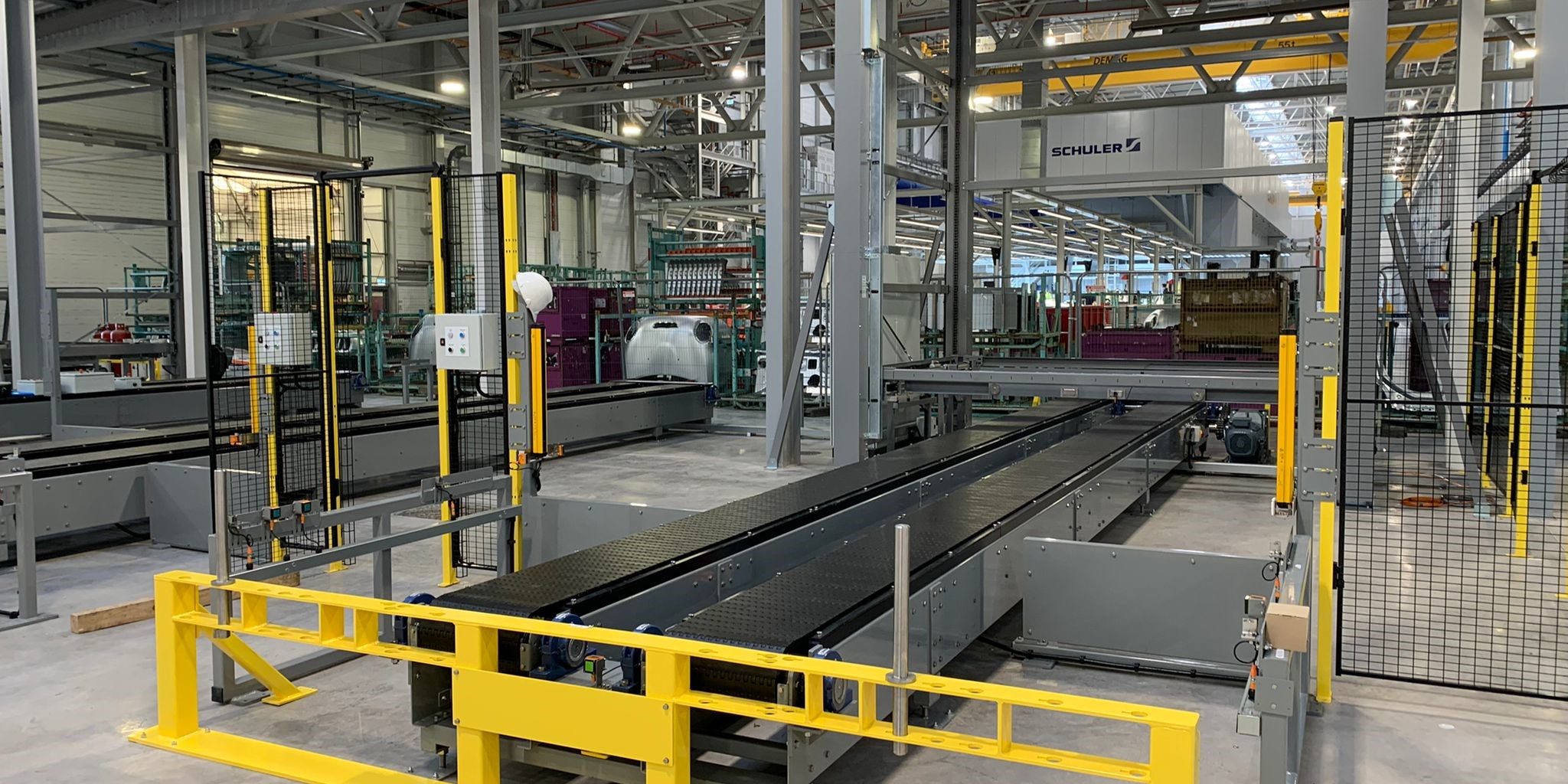From food processing to manufacturing, conveyor belt systems have revolutionised shop floor efficiency. What began as a simple solution for improving productivity has evolved into a thriving industry. In 2022, the global material handling equipment market was valued at $225.51 billion and is projected to reach $371.40 billion by 2030. But it’s not just the market size that’s growing – innovation in conveyor belt technology is also advancing rapidly, with modular conveyor systems leading the charge.
What is a Modular Conveyor System?
A Modular Conveyor System (MCS) represents one of the industry’s most significant advancements. These systems consist of individual conveyor modules, spare parts, and other components, each serving a specific function. Designed for flexibility and seamless assembly, a MCS can be tailored to fit any floor plan, making them a versatile solution for a wide range of applications.
Asmech System Ltd.’s 25 years of expertise in designing, manufacturing, fitting, and maintaining modular conveyors have driven efficiency improvements across industries. These systems are well-suited for handling products too large for slat conveyors or too heavy for standard conveyor belts.
The many benefits of a Modular Conveyor System
- Versatile belt options
Modular conveyor systems offer a range of belt types to suit diverse operational needs. Whether your application requires open or closed surfaces, or specialised designs like gripped or dimpled tops, these systems provide the flexibility to choose the best fit for your specific production environment. This adaptability ensures that the conveyor system can handle various product types and conditions effectively.
- Simplified maintenance
One of the standout benefits of modular conveyors is the ease of maintenance. Unlike continuous belts, which can be time-consuming and costly to repair or replace, modular belts are made up of individual links connected by pins. This design allows for quick disassembly and reassembly, making belt joining and splitting straightforward. The result is reduced downtime during maintenance, translating into significant cost savings and improved operational efficiency.
- Hygienic design
Hygiene is a critical factor, especially in industries like food processing. Modular conveyor systems are typically constructed from high-grade stainless steel (Grade 304), known for its durability, corrosion resistance, and ease of cleaning. This material choice helps maintain high sanitation standards. For applications where hygiene is less of a concern, mild steel powder-coated options are available, offering a more cost-effective solution without compromising on performance.
- Customisable lengths
Modular conveyors can be tailored to fit the specific spatial requirements of your facility. While standard lengths go up to 2980mm, the modular nature of these systems allows for easy extension using splice joints. This means that whether you need a short conveyor for a compact space or a longer one for more extensive operations, modular systems can be customised to meet your needs.
- Sturdy support structure
Stability and flexibility are key when it comes to conveyor systems. Modular conveyors are designed with heavy-duty support legs, equipped with adjustable feet or castors. This ensures that the system remains securely in place during operation while also offering the flexibility to move or adjust the conveyor as needed. The robust support structure contributes to the overall durability and reliability of the system.
- Adaptability for various applications
Modular conveyor systems are incredibly versatile, capable of handling a wide range of materials and product types. Whether you’re dealing with food preparation, packaging, or distribution, these systems can be customised with different belt materials and widths to accommodate your specific needs. The ability to add flights to the belts further enhances their capability, allowing for the efficient transport of products that require additional support or separation.
- Flexible configurations
The design of modular conveyors allows for a variety of configurations to suit different operational layouts. Whether you need a straight, horizontal run, an inclined conveyor, or a complex system with bends and spirals, modular systems can be adapted to fit. The positioning of drive shafts—whether at the head, mid-point, or under-slung beneath the conveyor body—adds to this flexibility, enabling you to design a system that optimises space and efficiency.
- Integrated tensioning devices
Proper belt tension is crucial for the smooth operation of a conveyor system. Modular conveyors come with integrated tension devices that ensure the belt is always correctly tensioned. This not only enhances the performance and lifespan of the belt but also reduces the risk of operational disruptions due to slippage or misalignment.
- Reduced downtime
Downtime can be costly, especially in high-demand production environments. Modular conveyor systems are designed for quick and efficient belt replacements, minimising the time your system is offline. This means that even when maintenance or belt changes are required, the impact on your productivity is kept to a minimum, ensuring that your operations continue to run smoothly and efficiently.
If you’d like to introduce the efficiency of modular conveyor belts to your shop floor, give us a ring on (01623) 424 442 or send an e-mail to sales@asmechsystems.co.uk









